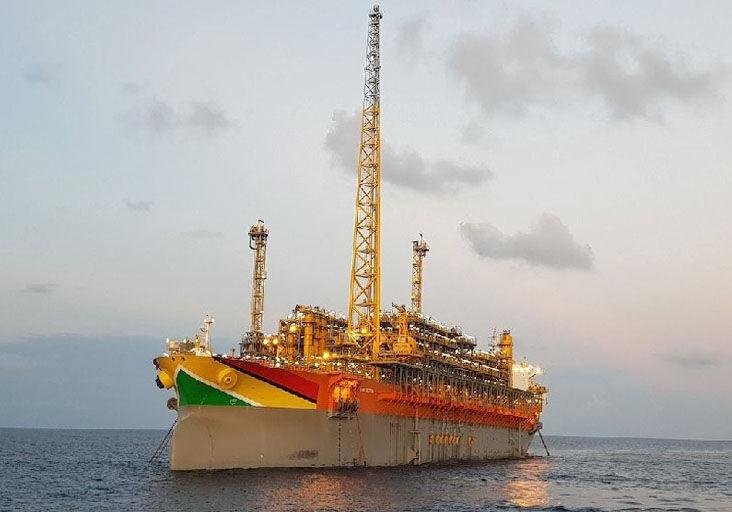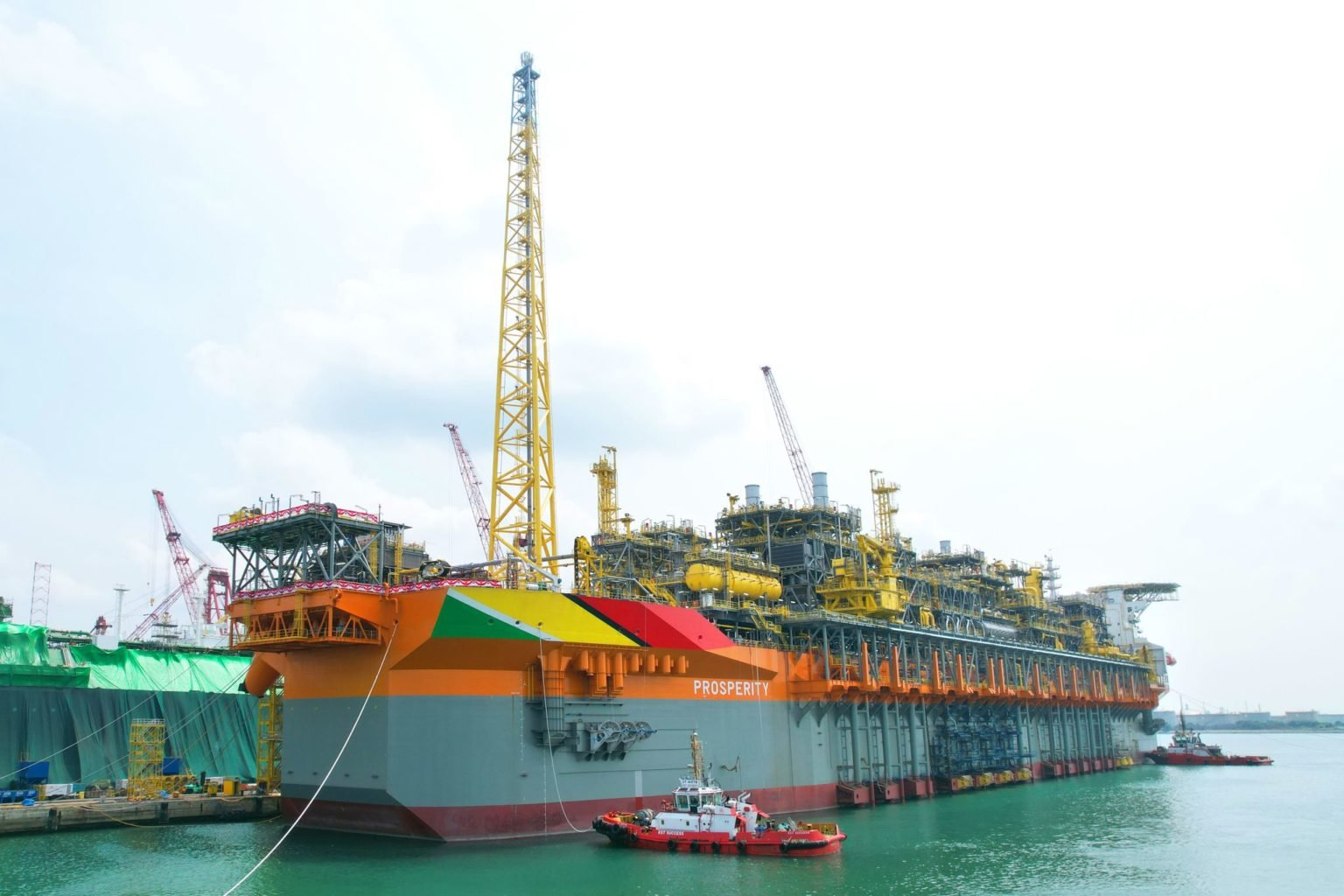
Unlocking Guyana’s Oil: Blessing or Curse?
Introducation:
Guyana, a small South American nation tucked between Venezuela, Brazil, and Suriname, has recently
found itself at the center of a global energy boom. Discovered in 2015, the country’s vast offshore oil
reserves have the potential to transform its economy and redefine its geopolitical significance. However,
the question arises: Is Guyana’s newfound oil wealth a blessing or a curse? In this article, we delve into
the complexities surrounding Guyana’s oil industry, examining both the opportunities it presents and
the challenges it poses for the nation and its people.
Understanding Guyana’s Oil Wealth:
Guyana’s oil reserves lie off its coast in the Stabroek Block, estimated to contain over 9 billion barrels of
recoverable oil, making it one of the largest oil discoveries in recent years. This discovery has placed
Guyana among the world’s fastest-growing oil producers, attracting significant attention from
international oil companies and investors.

Potential Benefits:
Economic Growth: The exploitation of oil reserves promises to inject substantial revenues into Guyana’s economy, potentially propelling it from relative obscurity to prosperity. These revenues could fund critical infrastructure projects, healthcare, education, and poverty alleviation programs, improving the standard of living for Guyanese citizens.
Job Creation: The development of the oil industry is expected to generate employment opportunities across various sectors, from exploration and production to infrastructure development and services. This could reduce unemployment rates and stimulate economic activity in other industries, fostering a more diverse and resilient economy.

Infrastructure Development: Oil revenues can be channeled into building essential infrastructure, such as roads, ports, and power plants, which are crucial for economic growth and attracting further investment. Improved infrastructure could also enhance connectivity within the country and facilitate regional trade and integration.
Foreign Investment: Guyana’s emergence as an oil-producing nation has attracted significant foreign investment, driving economic growth and diversification. International oil companies bring expertise, technology, and capital, supporting the development of the oil industry and ancillary sectors.
Potential Challenges:
Dutch Disease: The influx of oil revenues can lead to a phenomenon known as “Dutch Disease,” where the appreciation of the local currency makes other sectors, such as agriculture and manufacturing, less competitive. This overreliance on oil exports may hinder the development of a more balanced and sustainable economy.

Governance and Corruption: The management of oil wealth poses significant governance challenges, including transparency, accountability, and the risk of corruption. Without robust institutions and effective regulatory frameworks, there is a risk that oil revenues may be mismanaged or siphoned off by elites, exacerbating inequality and undermining democratic governance.
Environmental Risks: The extraction and production of oil carry inherent environmental risks, including oil spills, pollution, and habitat destruction. In a country known for its rich biodiversity and pristine rainforests, the environmental impact of oil exploration and production must be carefully managed to mitigate adverse effects on ecosystems and local communities.
Social Disparities: The unequal distribution of oil wealth can exacerbate existing social disparities, particularly among indigenous communities and marginalized groups. Without inclusive policies and mechanisms for revenue sharing, the benefits of oil wealth may not reach those most in need, leading to social unrest and discontent.
Conclusion:
Guyana stands at a crossroads as it navigates the opportunities and challenges presented by its newfound oil wealth. While the development of the oil industry holds the promise of economic transformation and prosperity, it also poses significant risks, including environmental degradation, governance challenges, and social disparities. To ensure that Guyana’s oil wealth becomes a blessing rather than a curse, it is essential to adopt transparent and accountable governance practices, prioritize sustainable development, and empower local communities to participate in decision-making processes. Only through responsible stewardship and inclusive development can Guyana harness the full potential of its oil resources for the benefit of all its citizens, both present and future.
Source: https://techozz.com/





